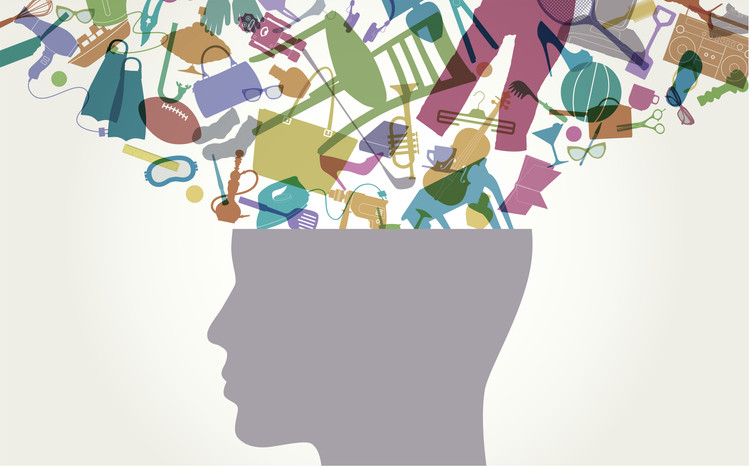Clutter creates chaos, which impacts your ability to focus. It also limits your brain’s capacity to process information. Clutter is a form of visual distraction, which increases cognitive overload and can reduce working memory. If your space is disorganized and filled with clutter, it can be difficult to focus or concentrate. Research has shown that people are less irritable, less distracted, more productive, and better able to process information with an uncluttered and organized work area.
Staying organized can be a challenge for anyone but clearing the clutter and developing systems for keeping certain things like keys, phones, and wallets are essential to managing day-to-day activities and improving time management. Not only is it hard to physically function in a cluttered space, but clutter bombards the mind with excessive stimuli. Addressing the heaps of paperwork and laundry and thoughtfully organizing helps to calm the mind. Several studies show that disorganization and clutter are correlated with mental health conditions, including depression, anxiety, and stress. Messy environments can cause frustration, helplessness, and feelings of being overwhelmed.
Declutter and donate — It's a win-win!
It seems easy to accumulate all sorts of things we don’t really need, yet difficult to let them go when they no longer serve us. There are many reasons people hold on to things, from sentimental to monetary value, but at what cost? More often than not, the things we fear getting rid of end up negatively impacting our lives rather than benefiting them. Another reason we hold on to things that are in good condition but we know we will never need or use again is because we don’t know what to do with them. The answer is simple: donate. Decluttering improves not only your life but also improves the lives of others in need.

